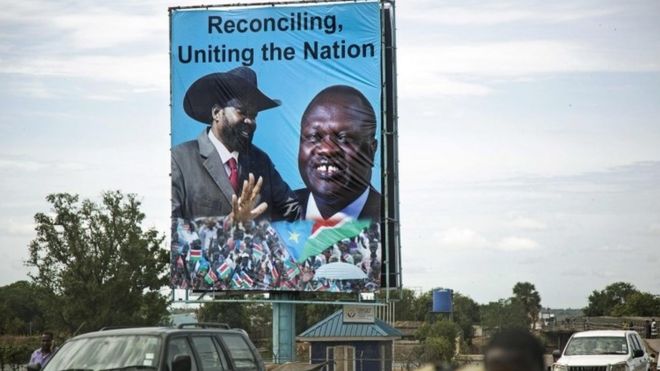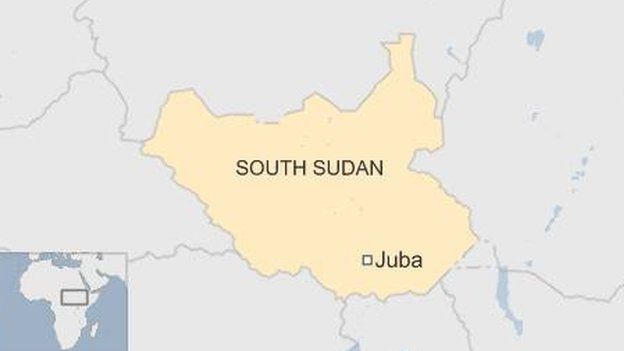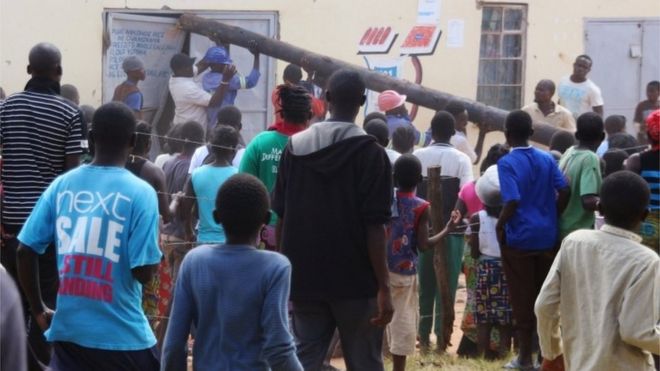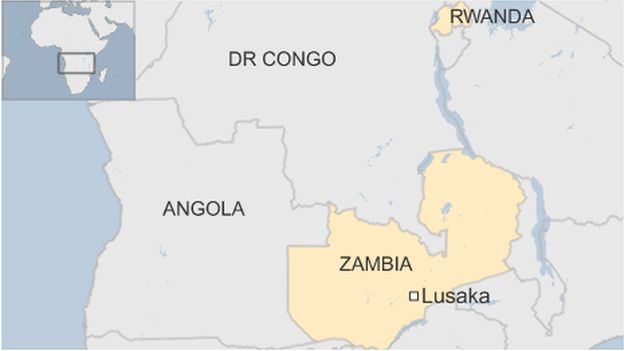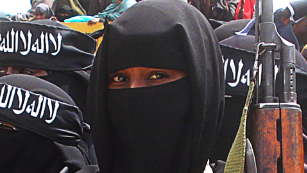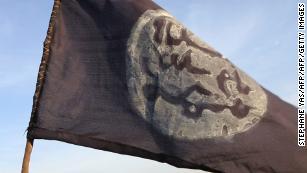Alarmed by the expansion of the Islamic State group in Libya, European governments are throwing their support behind the embattled "unity" government.
The foreign ministers of France and Germany, Jean-Marc Ayrault and Frank-Walter Steinmeier, made an unannounced visit on Saturday to the
Libyan capital, Tripoli, to shore up support for the UN-backed government of Fayez Serraj.
Ambassadors from France, Britain, and Spain also visited earlier the same naval base where the UN-backed cabinet has set up his fledgling administration. During a joint press conference in Tripoli on April 14, the group of diplomats even pledged to re-open embassies closed back in 2014, when the Libyan capital descended into chaos.
Since the downfall of late Libyan leader
Muammar Ghaddafi, who was killed in a popular uprising, the country has descended into near-anarchy, ruled by rival militias vying for power while the
Islamic State group has gained influence.
"We are all ready to deliver the necessary support to the unity government based on its request," said the French envoy, Antoine Sivan, from the Tripoli naval base where the new UN-brokered Libyan government, known as the GNA (Government of National Accord), is trying to establish itself.
The ambassadors’ trip comes as the European Union prepares to discuss sending security personnel into Libya to help stabilise the country. EU foreign and defence ministers are set to hold talks by videolink on April 18 with the head of the GNA, Fayez Serraj, about possible police and border training for
Libya.
"A possible civilian ... mission could support Libyan efforts ... through advice and capacity building in the fields of police and criminal justice," says the draft, referring to counter-terrorism, border management and tackling the smuggling of migrants across the Mediterranean to Europe.
Fighting IS group in Libya
The document, still under discussion by diplomats, is the latest signal that the international community is getting serious about assisting Libya. The country is currently a launch pad for illegal immigration to Italy and a key security concern because of the presence of a powerful IS affiliate in the key central region of Sirte.
"They [EU diplomats] may say that the training mission is about people smuggling, but it’s really about fighting IS. The [GNA and EU]’s priority is to fight the IS group, human traffickers come second", Jason Pack, an expert on Libya and founder of EyesOnISISinLibya.com, told FRANCE 24.
"Of course the GNA doesn’t have any security forces. But neither do any of the other governments. They just use temporarily loyal militias (…) Militias will usually cooperate, they’re happy to get training, especially if that comes with arms. But that doesn’t mean they will be willing to fight IS", said Jason Pack.
The EU is not the only organisation waiting for a phone call from the head of the GNA, Serraj. NATO’s secretary general, Jens Stoltenberg, said on Thursday that the alliance was ready to assist the new Libyan government fight IS militants as soon as the country’s new government asked for help.
"We are ready to help. But they have to request it – so we will not send in troops and we will not do any activities in Libya at all without a request from the Libyan government", Stoltenberg told the UK’s Sky News television.
One country, three governments
Despite Western desires for unity, Libya is now a country with three “governments” – including two in the capital. Serraj’s UN-backed GNA managed to get support from several militias and take control of the Central Bank and the National Oil Corporation, but it remains mostly confined to the Tripoli naval base where the would-be prime minister arrived by the sea on March 30.
The head of the rival Tripoli-based administration, Khalifa Ghweil, has refused to recognise the "unity" government’s authority. The internationally-recognised legislature that rules over most of eastern Libya from the city of Tobruk has yet to endorse the GNA as discussions continue over the future role of the East’s military chief, general Khalifa Haftar.
Libya's ability to fight Islamic State group has depended largely on the country's two main loose military alliances, which are aligned with rival power bases.
The situation could get even more complicated as France and Italy have developed good relations with Haftar, who styled himself as a would-be secular strongman. Libyan sources reported earlier this year that a common operations room had even been set up to coordinate military actions between French special forces and Haftar’s troops.
Paris is now throwing its diplomatic support behind another administration, the GNA.
“France and Italy face the problem [of cooperating with both the GNA and Haftar’s forces] much more than the US or UK”, Jason Pack told FRANCE 24.
“They should stop their cooperation with Haftar’s forces and only back the GNA. But France is close to Egypt and the UAE, key backers of Haftar’s forces, and Paris may wish to double down on its connections and try to play both cards to connect Haftar and the GNA”, said Jason Pack.
Serraj’s unity government is coming under pressure to secure a deal with the Tobruk legislature and general Haftar – who wants to be appointed head of the future national army. A failure to get the GNA legally endorsed when the Tobruk representatives next meet, on April 18, could well trigger fresh opposition elsewhere in the fractured country.
Date created : 2016-04-16
